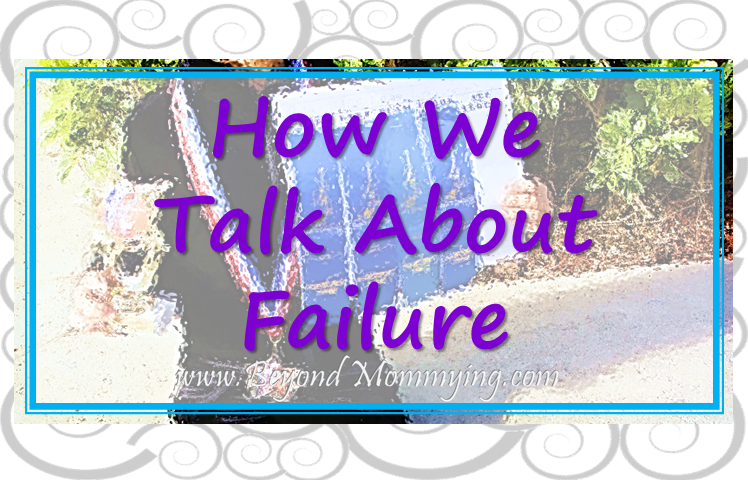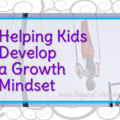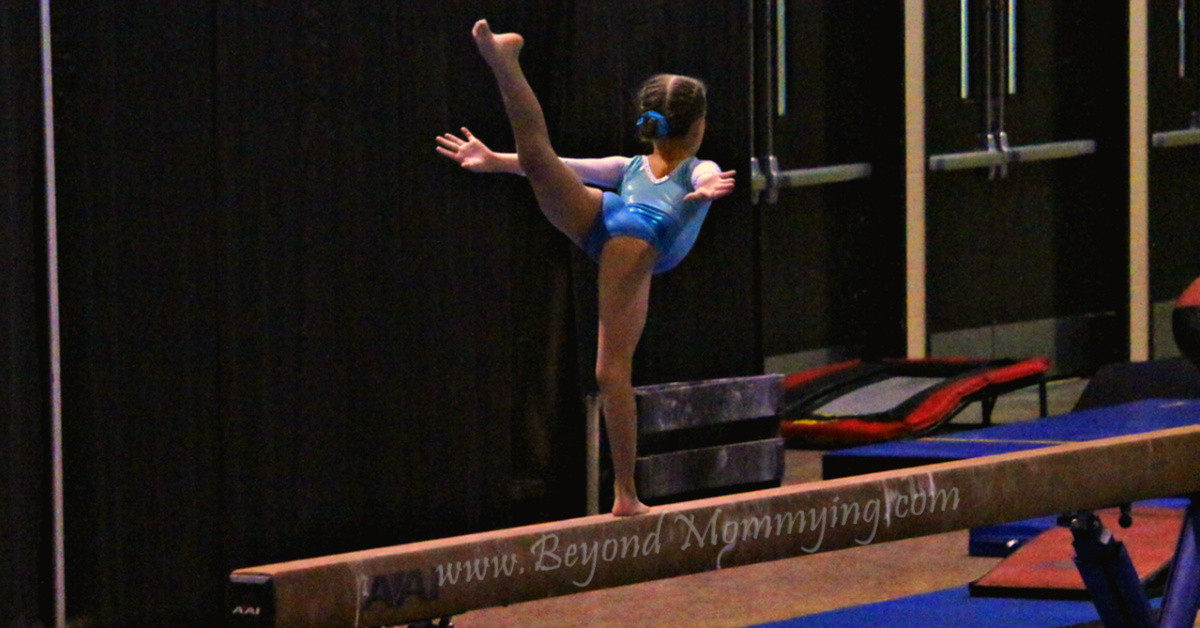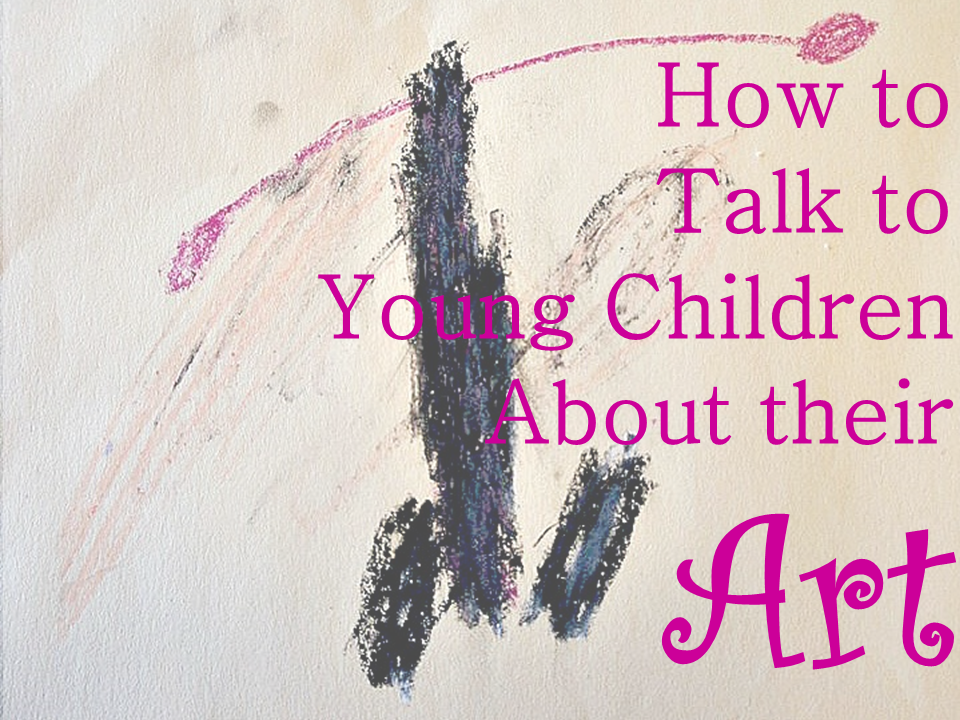A few weeks ago Sugarplum had her third competitive gymnastics meet. Her first one in early October was amazing, she finished third place overall on her team and had the 6th highest all around score for her entire level, despite being the second youngest. Afterwards she was on a high from the whole experience and declared “if I had known there was going to be a big trophy, I would have tried harder!”
But, unfortunately, throughout the season her ranking has declined. She came in 13th overall in her second competition and in her most recent one, she placed dead last with the lowest all around score for her level.
She placed lowest out of the entire bunch on bars (she couldn’t get up and sat after landing her dismount), beam (she literally just rolled right off when doing her mount) and floor (I’m not exactly sure why she scored so low on floor.)
My parents had come to watch for the first time and we were all really disheartened she wasn’t able to perform at the level we know she’s capable of and were worried about how she’d react.

Pin it!
- She had to be there at 7:45 in the morning, meaning we had to be up at 6:30 to get everyone fed and ready and she was mounting the beam at 8:30 which is an hour in which many days she’s still in bed.
- The coaches she practices with the most weren’t there and there were some equipment issues (which is why she couldn’t get up on the bar, she said the bar was too high and the mat was too squishy which caused her fall on the landing).
- It was a new place, different equipment, a lot going on and our sweet little Sugarplum can be quite distractable.
- She isn’t very competitive and so don’t always concentrate in order to perform at her full potential.
But what wasn’t to blame was her ability or lack of interest. She loves gymnastics and is excited for each and every practice and has a lot of natural talent and ability plus she doesn’t give up, working diligently until she masters new skills.
We don’t push her to be the best, merely to be her best and we’ve talked a lot over the past few months about how the scoring works. I remind her not to worry about the numbers because the judging is subjective and every judge looks at things differently and scores according to what is most important to them and instead we need to focus on her rank among her team and the other teams she regularly competes with.
But when her scores dropped from the 9.5 range to in the 7s, I didn’t know how she’d react. I didn’t know if she’d be disappointed, sad, worried, or mad. My little fireball that can bring down the house with her screaming could have gone any way with it.
After the awards ceremony, she came skipping over with her participation trophy (rant for another day) and score sheet in hand. After each competition, she receives a certificate wither her scores on each apparatus as well as a ribbon for each, the color determined by the score.
I cheerfully, trying to hide my concern, asked “so, how was that?!”
She gleefully showed me her trophy and as we were walking out exclaimed “I got a yellow ribbon! And two purples! They’re so pretty!” I knew that yellow was for her 7.9 score and the “purples” (really, burgundy in place of red) were for her scores that fell in the 8s but she had no clue. I didn’t tell her it meant she scored low because she didn’t seem to care about the numbers written above the ribbons at all.
“Wow, you’ve never gotten those colors before!”
“I know, it’s really exciting!”
On the way home, I asked her “so, what was the best part today?” (I was trying to ask about her favorite part but misspoke). She said “Well,” then took a long pause. “Beam was the worst. I just rolled right off!”
“I saw that, what happened?”
“I just got real wiggly and then, blllbbllb, just fell right off.”
We all laughed and left it at that. We spent the rest of the day at a teammate’s birthday party.
I still don’t think she knows that she placed last overall (her coach went over scores the next practice and she came out all happy that she scored the best on vault, which was her best score but not highest on the team.) And it’s okay, I don’t need her to know she was the worst this time.
We have talked about the mistakes she made and rewatched the videos together (and laughed together when she rolls off the beam) but the last thing I want to do is dampen her spirit when she wasn’t upset which is why I always start with open-ended questions when my kids face an upsetting situation. It allows them to guide the conversation and share their feelings rather than taking on mine.
This is my philosophy any time my kids are upset or something happens: ask a general question and take their lead.
Questions like:
What Happened?
How was that?
Tell me all about it!
How do you feel?
What did you think of that?
If they’re upset, I address it. If they’re fine, I let them be. There is no point in bringing them down if they aren’t already there.









